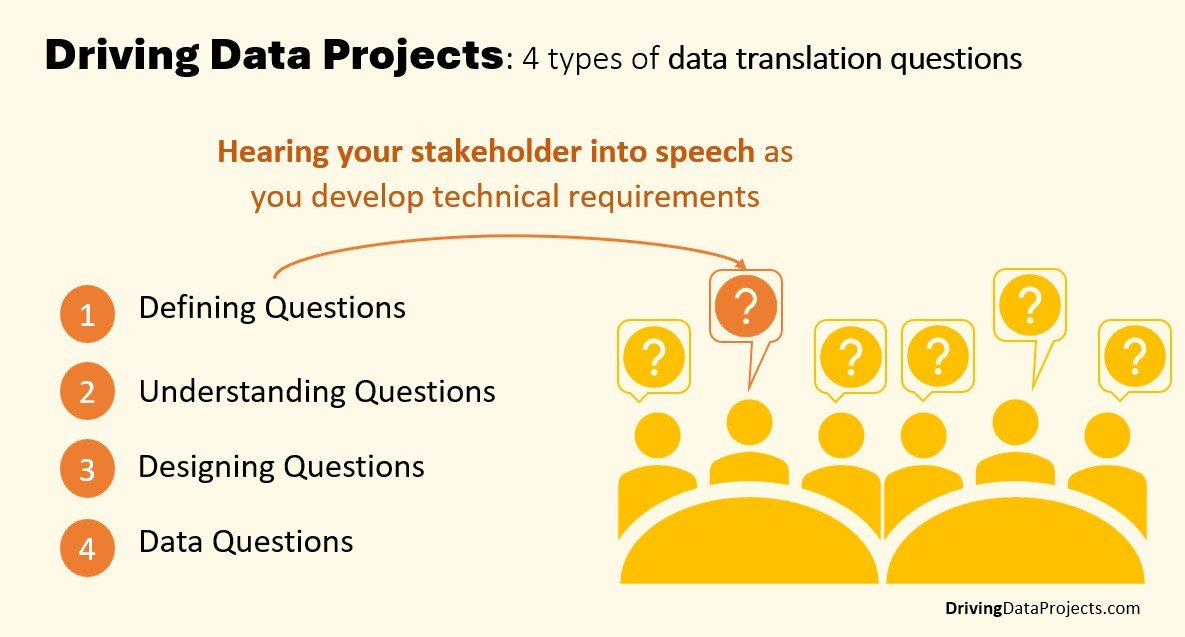
4 perspectives to drive effective data translation
When driving data projects, you will encounter business stakeholder challenges that often go unspoken. This is not always because people hold back but because they don't fully know how to vocalize their constraints.
If they can't directly address their requirement, chances are we can't either. To hear others' speech, we start by asking questions from different perspectives.
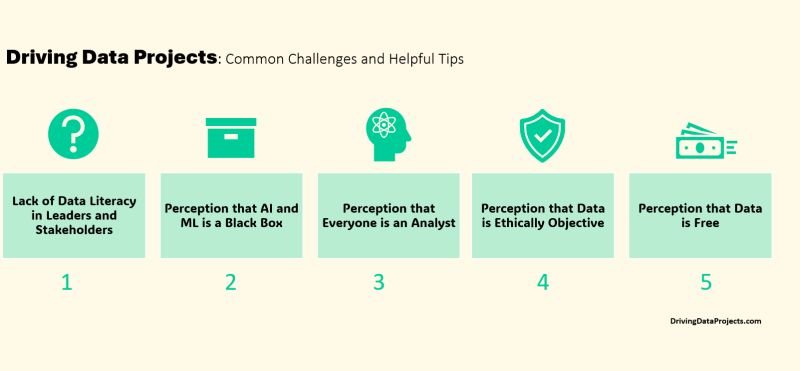
Tips and Challenges
As we continue to drive data projects, familiar challenges begin to present themselves. By observing, we can become better diagnosticians of systemic issues. Learn what to avoid and how to navigate them better.
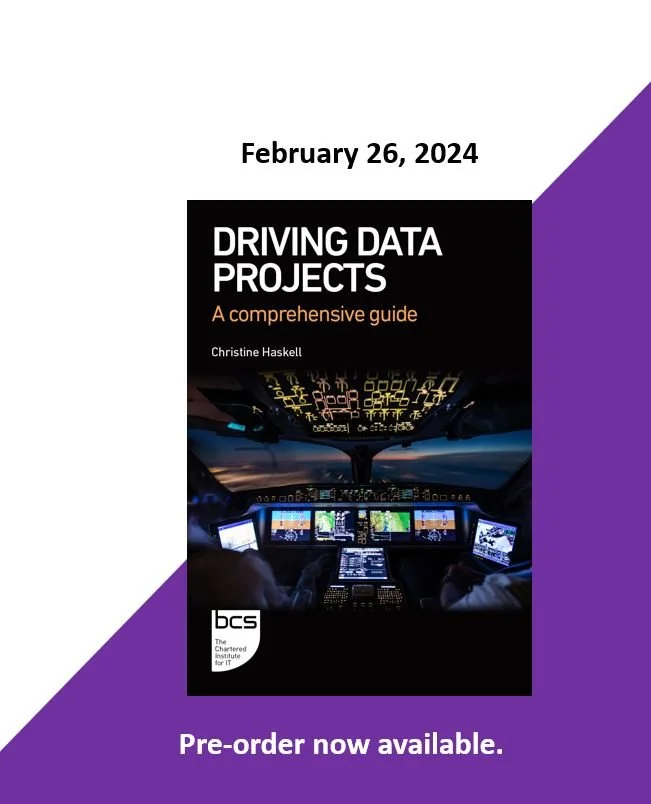
Countdown: Book Excerpt Chapter 4
People who work in data management are particularly dedicated problem solvers. They are committed to the mission in a way that makes them want to make the initiative successful. Most examples featured in the book reflect what happens in a specific type of data project -- a team-based project with stakeholders recruited from across the organization, including outside partnerships.
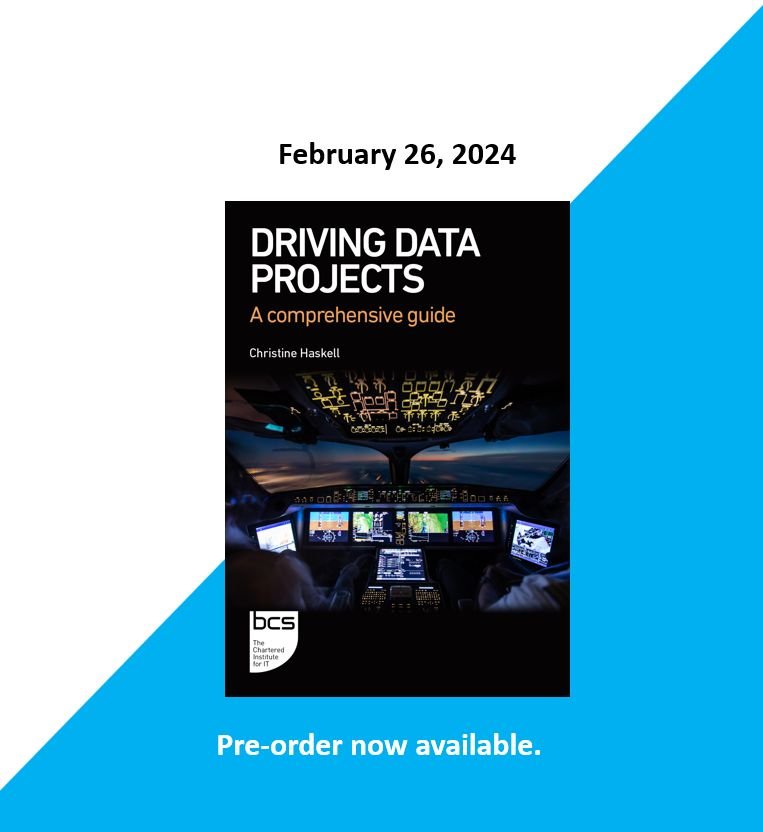
Countdown: Book Excerpt Chapter 3
Until an organization is willing to invest in its data capabilities, aligning data resources to answer complex business questions will be like riding a bicycle to chase a Formula One racer and never catching up. Scoping project opportunities well is about building enough trust to eventually scale resources. While a single project manager can accomplish some initiatives, most data projects require multi-disciplinary resources to execute.

Countdown: Book Excerpt Chapter 2
While a fully funded budget that supports data as a service is an integral part of a data transformation’s financial picture, few are fully staffed or funded. Three-quarters of executives confirm their organization now has some form of data strategy (however rudimentary), but a paltry 16% say they have the skills and capabilities necessary to deliver it. Even though the average staffing budget is growing yearly, finding the skills and capabilities to execute data projects is becoming harder and harder.

Countdown: Book Excerpt Chapter 1
Data has traditionally been managed by a combination of information technology (IT), Operations, and Finance. Over the last ten to fifteen years, the chief data officer (CDO) role has come onto the executive scene. While not yet a universal title, the role of the CDO started by reporting through these functions and is beginning to be considered separate.
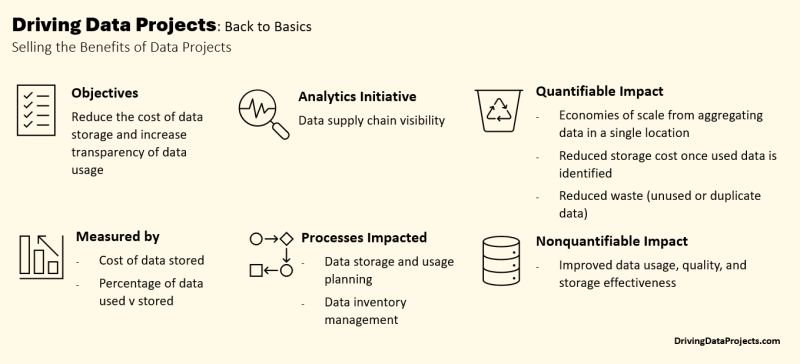
Back to Basics: Selling the Benefits of Data Projects
Data teams should be regarded as intentional business partners because they provide the underlying technology that enables business strategy and maintain data as a corporate asset. They can help educate business partners on the upstream and downstream impacts of poor data quality and they can help cultivate more effective ambassadors for data governance across the organization.